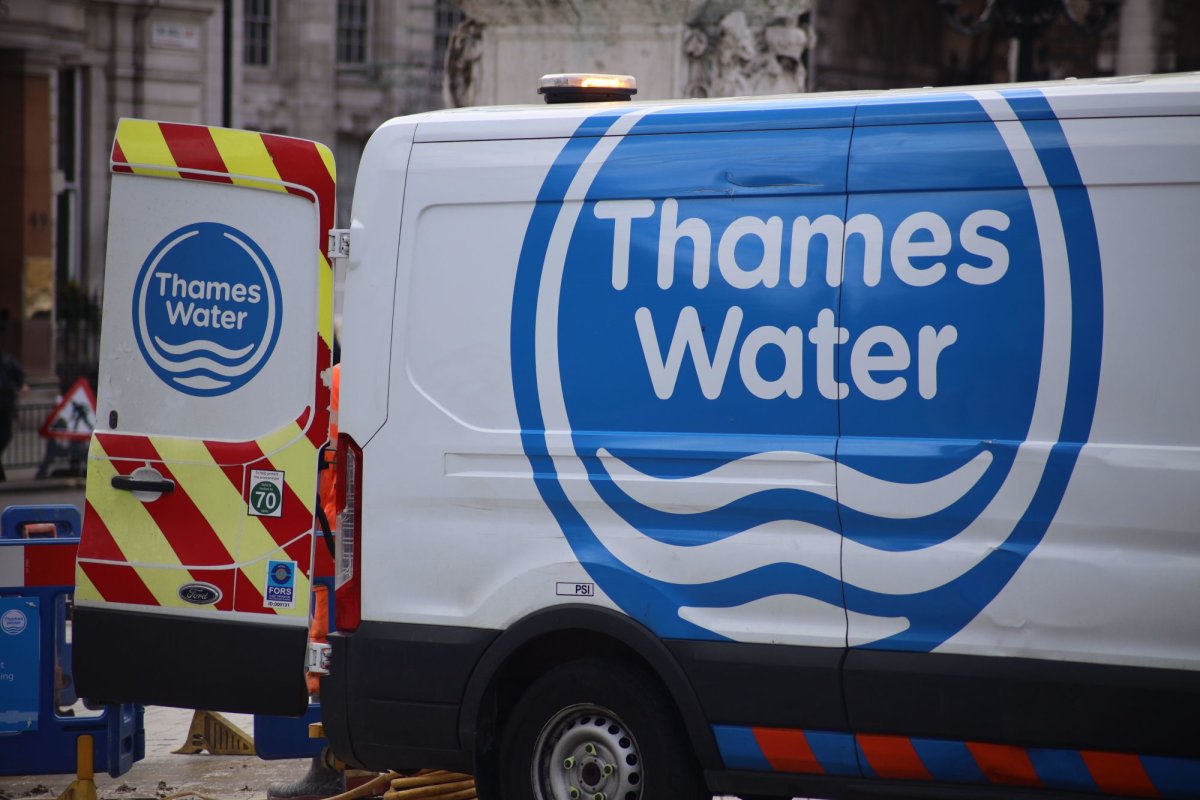Why Privatising England’s Water and Sewage Industry Was a Mistake
The decision to privatise England’s water and sewage industry more than three decades ago has had detrimental consequences, contrary to the promised benefits.
Background of Privatisation
The Conservative government at the time touted lower household bills and improved water quality as the main advantages of privatisation, aiming for increased investment in the sector.
However, the Labour Party and local authorities, who had originally funded and established the water industry, raised concerns. Cities like Manchester and Birmingham spearheaded campaigns against privatisation, questioning the credibility of the prospectus and seeking compensation for local taxpayers.
Negative Impacts of Privatisation
Despite legal challenges, the government proceeded with privatisation, leaving ratepayers without refunds while transferring the industry to private investors tax-free. This move not only cheated local and national taxpayers but also burdened the industry with significant debt.
Instead of improving efficiency, the new owners opted for minimal investment and accumulated substantial debt, leading to a 40% real-term increase in water bills and declining productivity.
Current State of Affairs
The lack of transparency in ownership structures, with a majority of investors being foreign entities, has hindered accountability and oversight. Financial analysts have struggled to unravel these complex arrangements.
Regulation of the industry has been inadequate, allowing for environmental negligence and financial mismanagement. Thames Water, for instance, faced criticism for pollution incidents and struggles to meet regulatory obligations.
Call for Change
It is evident that privatisation has failed to benefit the public, instead enriching a select few while harming the environment and taxpayers. There is a growing need to reassess the current system and prioritize the well-being of citizens over profit.
Led by voices like Labour MP Graham Stringer, there is a call to return to a more accountable and sustainable model for water and sewage services in England.
















































